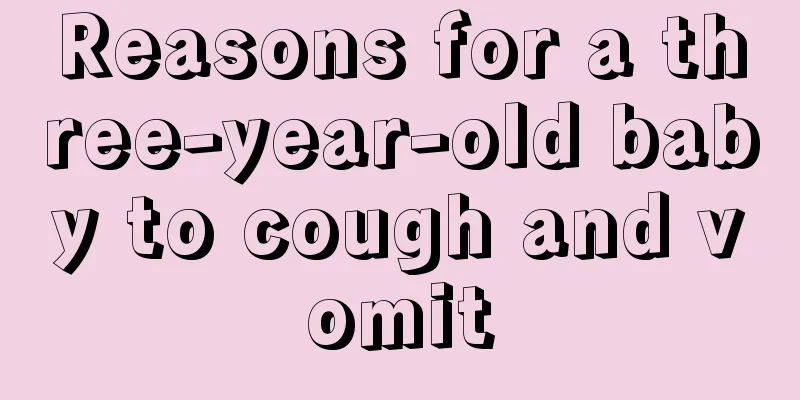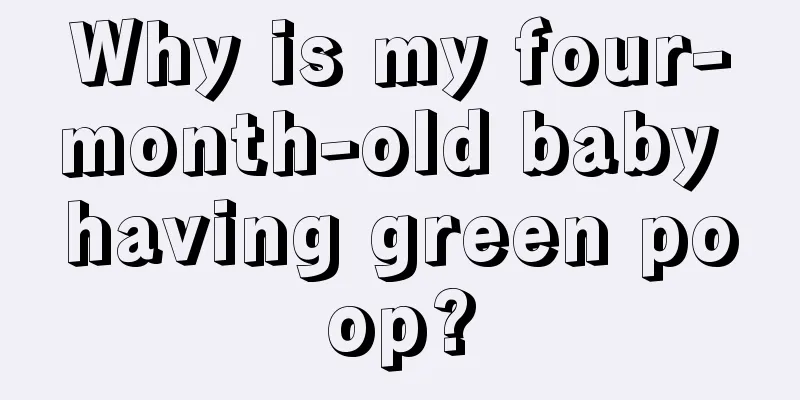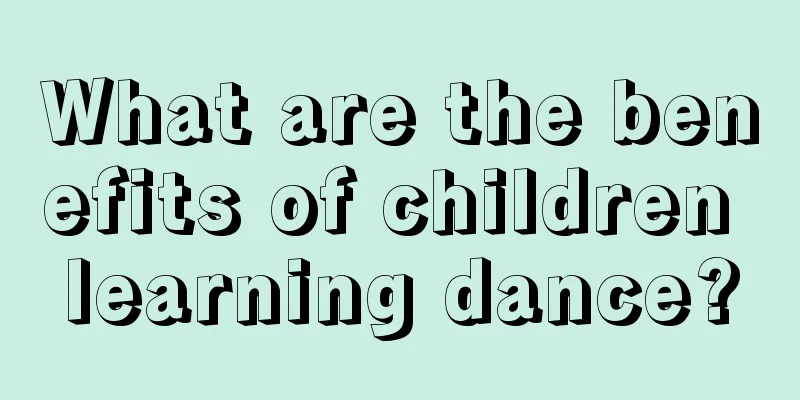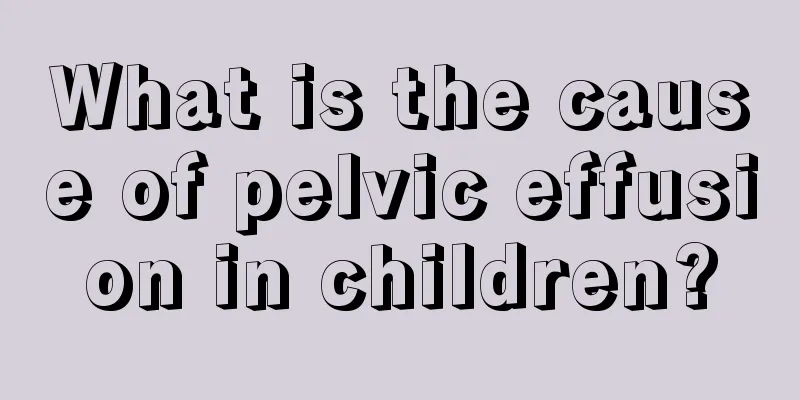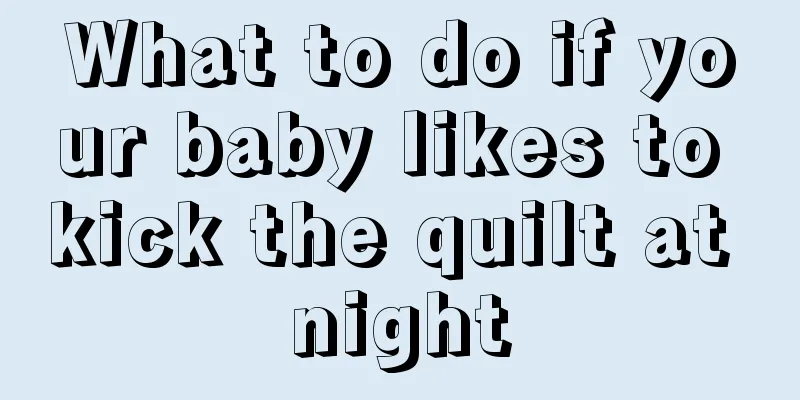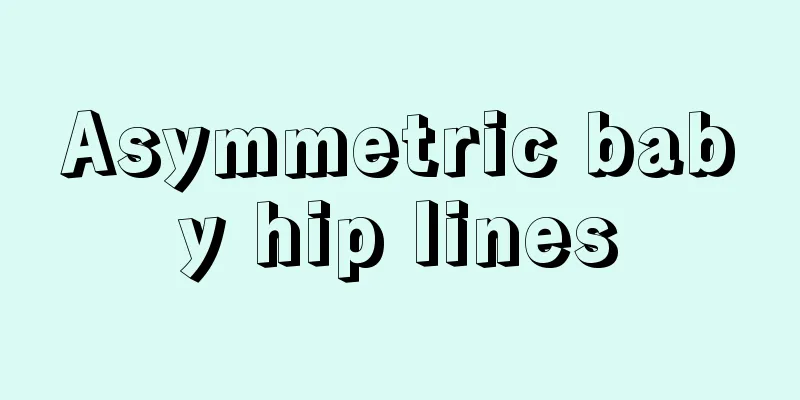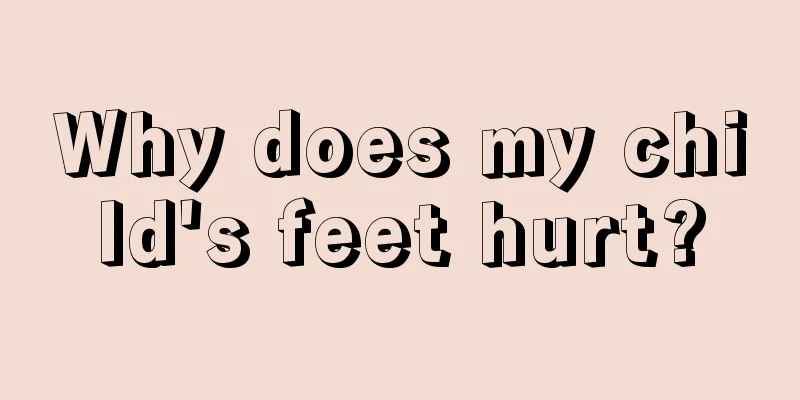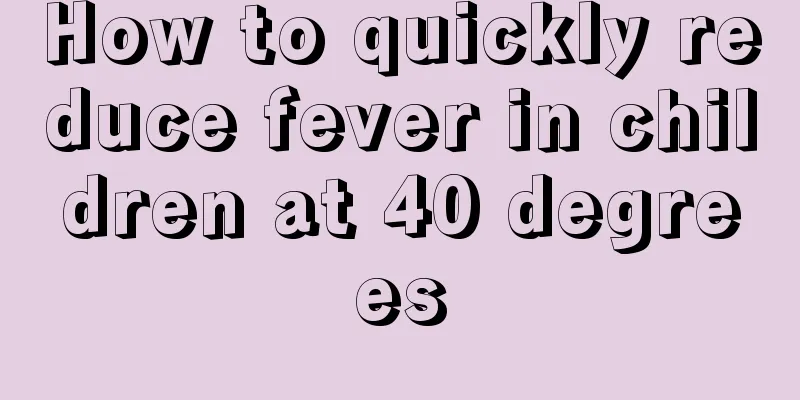The consequences of vaccination for babies with phlegm

|
As babies grow, they need to be vaccinated with different vaccines to protect themselves from various diseases. However, there are many things to pay attention to when vaccinating. Vaccination is not possible at any time. The child's physical condition must meet the standards. For example, vaccination cannot be given if there is phlegm. Some parents do not know this. So, what are the consequences of vaccination when a baby has phlegm? What is the effect of vaccination on baby's throat Most of the vaccines injected into young children are live attenuated vaccines. Doctors inject the vaccines into the body, causing the body's immune system to produce specific antibodies to protect the body. However, when the baby has phlegm in his throat, his immunity is relatively poor. At this time, giving certain vaccines may induce adverse reactions or affect the effectiveness of the vaccination. Babies with phlegm in their throats cannot be vaccinated. Babies with the following conditions should generally be prohibited from or temporarily postponed from receiving vaccinations: 1. Babies suffering from dermatitis, psoriasis, suppurative skin diseases, and severe eczema should not be vaccinated. They can only be vaccinated after their skin has healed. 2. Babies with a body temperature above 37.5℃ or with swollen armpits or lymph nodes should not be vaccinated. The cause should be identified and cured before vaccination. 3. Babies with severe heart, liver, kidney diseases and active tuberculosis should not be vaccinated. However, it should be pointed out that if the baby has congenital heart disease, he or she can still be vaccinated as long as the heart function is good. 4. Babies whose nervous system (including the brain) is abnormally developed, who have sequelae of encephalitis or epilepsy should not be vaccinated with vaccines against Japanese encephalitis, meningitis or whooping cough, as these may cause the baby to faint, have convulsions or shock. 5. Babies with severe malnutrition, severe rickets, or congenital immunodeficiency should not be vaccinated. In particular, children with severe rickets should not use the polio sugar pill vaccine. 6. Babies with allergic constitutions such as asthma and urticaria should not be vaccinated, especially the live measles vaccine, or mixed preparations of diphtheria, pertussis and tetanus, which have strong allergens, as they are more likely to have allergic reactions. 7. Vaccination may be postponed for common diseases such as colds and mild low fevers depending on the situation. Do not get the diphtheria, whooping cough and tetanus triple vaccine when you have a fever. Vaccination is not recommended when you are hungry. |
<<: Can babies eat complementary foods if they have diarrhea?
>>: Consequences of high fever convulsions in children
Recommend
How can I restore my baby’s belly button?
The baby's belly button is actually a common ...
What should I do if my three-year-old child still cannot speak clearly?
When children grow to a certain stage, different ...
What to do if your child eats a coin
Many children may swallow foreign objects directl...
Why do children have red eye bags?
The healthy growth of children is the focus of pa...
What happened to my daughter's face with a white spot?
Children are a high-risk group for white spots. T...
Why does my eight-month-old baby toss and turn when sleeping?
The baby is the apple of the parents' eyes, a...
Why is my child’s face swollen?
Children generally have delicate facial skin, and...
The child suddenly cried out in pain in the chest, what's going on?
When children are sick, they are often unable to ...
What causes drool rash in children?
For some babies, they may suffer from some diseas...
Why do children urinate frequently at night?
I believe that anyone who has been a mother knows...
Reasons why children have a bad taste in their mouth
Some children have an unpleasant smell when they ...
What are the clinical symptoms of indigestion in babies?
Indigestion is a disease that is very common in a...
How to cook longthorn fish for babies?
Breastfeeding is the best way to feed a child. Wh...
What is the massage therapy for runny nose in children?
Because children are more naughty and do not pay ...
What is causing the peeling of the skin on children’s fingertips?
Peeling is also known as skin cracking in the fol...
